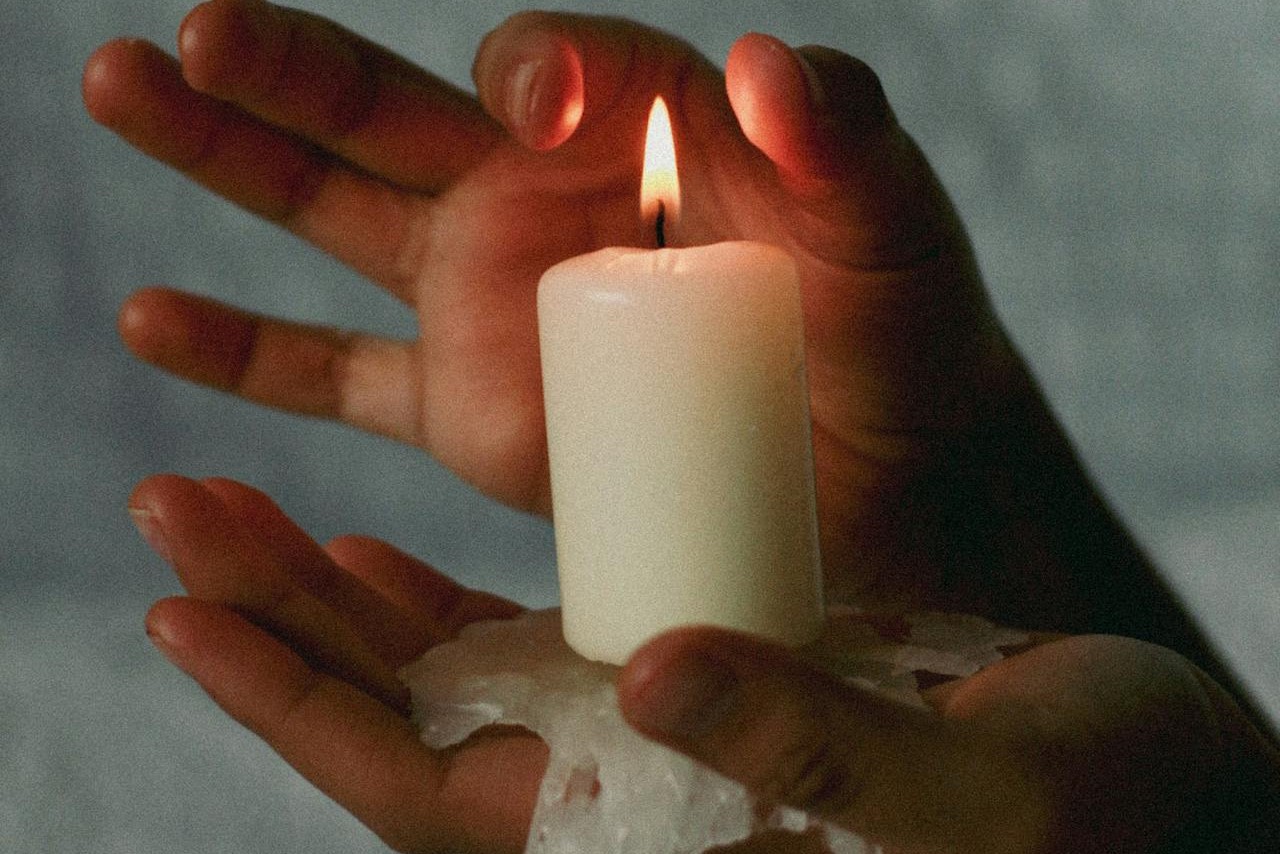Homosexuality in Islam and a Global Perspective
- Categories Relationships
- Date May 4, 2024

In recent years, the topic of homosexuality in Islam and the global perspective has generated profound interest and intense debate among Muslims worldwide. This post aims to explore the complex relationship between homosexuality in Islam and the global perspective, shedding light on diverse interpretations, consequences, and punishment of homosexuality in Islam for the betterment of the community.
What is Homosexuality?
Homosexuality is a type of sexual diversity. It refers to the sexual and romantic attraction between individuals of the same sex. “Gay” is commonly used interchangeably with homosexual men; meanwhile, homosexuality in women is typically called lesbianism.
Global and Islamic Perspectives
The discussion around homosexuality in Islam is not new. Instead, it’s deeply rooted in Islamic history, tradition, and jurisprudence. However, the global perspective on this matter is often overshadowed by headlines that fail to capture the faith’s nuances and the diversity within the Muslim community.
Historical Perspective of Homosexuality
Different cultures and times have had varying views on homosexuality, ranging from acceptance to punishment. Ancient Greece and Rome saw homosexuality as common, especially relationships between men and boys. Judeo-Christian and Muslim cultures generally view homosexual behavior as sinful, although some religious leaders distinguish between acts and individuals.
Homosexuality in the Global Era
Attitudes towards homosexuality are rising due to activism and efforts to normalize it. While some still see it as abnormal, most developed countries no longer consider it a mental illness. However, debates persist, especially within Asian countries.
In an era where the pursuit of equality and social justice is a hallmark, one might wonder why the love between a man and a woman is perceived differently from the love between two men. Some groups within Christianity and Judaism advocate for the acceptance of homosexuals and their relationships, leading to disagreements within religious communities.
Shouldn’t all forms of love be equally acknowledged? What is the rationale behind Islam’s stance on homosexuality?
Understanding Islamic Teachings
The explanation is surprisingly straightforward, rooted in the fundamental principle of Islam itself, which is submission. Islam fundamentally means submitting entirely to Allah’s will for humanity. It entails unwavering compliance and devotion to God – this complete surrender is what defines a Muslim.
The Quran and Hadith serve as the foundational texts for Muslims worldwide, guiding every aspect of life. Prophet PBUH said:
“None of you is the believable until his desires subservient to that I have brought”. [Nawai]
This means that regardless of external influence or societal pressure, we should strive to adhere to the teachings of Islam and follow the path set by Prophet Muhammad (peace be upon him). The Quran explicitly states that “Indeed, he (Satan) does not have authority
Prohibition of Homosexuality in Islam
In the teachings of Prophet Lut PBUH, as conveyed through the Quran, there is a clear prohibition against same-gender sexual relations among his people. The scripture specifically addresses this, highlighting:
“Do you pursue sexual relations with males among the world’s creatures, forsaking the partners that Allah has created for you? Indeed, you exceed the limits.” [Quran]
Story of Prophet Lut and its Lessons
The complete story of Prophet Lut is described in Surah Hud Verse:77-82
When Angels came to Lot PBUH, he felt very worried by their arrival. He said, “This is a bad day.”
Then, the men from his town, who were used to shameful deeds, came rushing to Lot’s house. Lot said to them, “My people, these are my daughters. They are pure and suitable for marriage. So, fear God and don’t disgrace me by disrespecting my guests. Isn’t there even a single good man among you?”
But they replied, “You know very well we don’t want your daughters. You also know what we desire (the guests of yours!)”
Lot said, “I wish I had the power to stop you, or someone strong to help me.”
Then the guests, who were actually angels, told Lot, “We are messengers from your Lord. They will never harm you. Leave this place with your family during the night, and don’t look back except for your wife. She will face the same punishment as the others. Their time is coming soon. Isn’t it almost morning?”
When God’s command came, the cities were destroyed, and stones rained down on them.
The people of Lut were destroyed by fire. Christians also refer to the story of Lot to argue that homosexuality is not accepted in their religion too.

Outcomes of Homosexual Acts
Contradiction of the Natural Laws
Scholars have highlighted several outcomes of homosexual acts and homosexual marriage in Islam that underline its prohibition, such as the disruption of the family structure, the increase in disease transmission, and the contradiction of the natural laws established by Allah for humanity.
Takes Away Rights from Women
The Egyptian scholar Qaradawi believes that Islam forbids not only illegal sexual activities and things that lead to them, but also sexual deviation like homosexuality. He thinks that homosexuality goes against nature and ruins human sexuality. It also takes away rights from women.
Makes People Salve to Their Desires
When these behaviors become common in a community, they harm its way of life and make people slaves to their desires. This makes them lose their morals and a good way of living. Psychologists once saw homosexuality as a mental illness, but attitudes changed. Research shows it’s more common than thought.
Punishment for Homosexuality in Islam
The hadith indicates that homosexuality was present in the seventh century in Arabia. However, since the Quran didn’t mention punishment for homosexual acts, Islamic jurists looked to other hadiths for guidance on punishment. One such hadith from Abu Musa al-Ash’ari quotes the Prophet discussing the matter.
“If a woman comes upon a woman, they are both adulteresses, if a man comes upon a man, then they are both adulterers.” [Al-Bayhaqi, Su‘ab al-Iman: 5075]
Many hadith collections contain condemnations of male-to-male anal intercourse, often referred to as the “act of the people of Lut.” For instance, it is recorded in Tirmidhi that Prophet PBUH prescribed the death penalty for both the active and passive partners. This is narrated by Abdullah ibn Abbas:
“The Prophet said: ‘If you find anyone doing as Lot’s people did, kill the one who does it, and the one to whom it is done’.” [Tirmidhi]
Narrated by Abdullah ibn Abbas:
“If a man who is not married is seized committing sodomy he will be stoned to death.” [Abu Dawood 4463]
Reports from early caliphs suggest different punishments for homosexuality in Islam. Abu Bakr recommended crushing the culprit with a wall or burning them alive. Ali ibn Abi Talib ordered stoning or throwing from a high place, followed by stoning. There are, however, fewer hadith mentioning homosexual behavior in women but punishment (if any) for lesbianism was not clarified.
Conclusion
In conclusion, this blog post explored the complex perspectives on homosexuality in Islam, juxtaposed against its acceptance as a global practice. The discussion highlighted that homosexuality is seen in many parts of the world as an expression of personal identity and freedom, while homosexuality in Islam is regarded with strict prohibition, drawing on the narrative of the people of Lot PBUH as a religious and moral injunction against such practices.
However, as we tread upon the path of global citizenship, we must foster an environment of understanding and inclusivity. This does not mean compromising on personal beliefs but rather promoting a community where knowledge and empathy guide our interactions. We encourage our readers to contribute towards building such a community, where everyone, regardless of their background or beliefs, is met with respect and understanding.
You may also like

